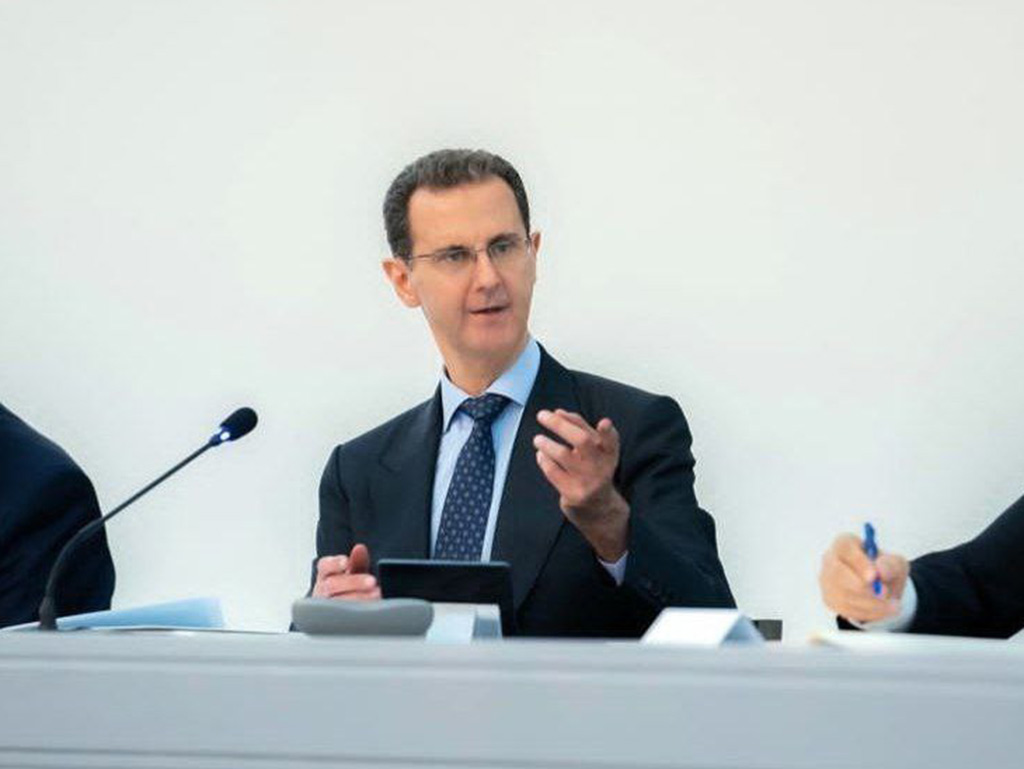“The chaos generated by Washington aggravated the instability and the current conflict in the world is of an economic-technological nature and has intensified since the West has begun to lose its technological supremacy,” said the president in a dialogue with ambassadors and heads of Syrian embassies abroad, in addition to Foreign Ministry personnel.
Al-Assad also considered that current events accelerate the formation of a new multipolar world.
The ruler also addressed current political issues and regional and international challenges, and ratified the principles of Syrian foreign policy in its relations with its Arab and regional environment, with emphasis on the treatment of global challenges and changes from a strategic and realistic vision.
Al-Assad also reiterated the firm position on the Arab-Israeli conflict and considered that the “Al-Aqsa Flood” operation is not an isolated and emerging event but is part of the context of the Palestinian cause. “This operation is not the reason for the tensions occurring in the region as the United States and its Western allies are trying to promote,” he explained.
The president believes that the complexities and challenges related to Syria are linked to its geographical and historical location, and a battlefield and focus of the ambitions of colonialists throughout history. He highlighted that, unlike the West, countries in the eastern hemisphere knew how to preserve their identity and principles.
Al-Assad previously stated in a speech before parliament that the difficult circumstances Syria is going through after 13 years of war and a stifling economic blockade do not at all mean giving in to frustration.
The president recognized that Syria was forced to be one of the conflict scenarios which the world is witnessing. Syria, he added, has chosen the alternative of not only being affected but being influential in the course of events that will sooner or later lead to a new multipolar world order and without hegemony.
jrr/llp/jha/fm










